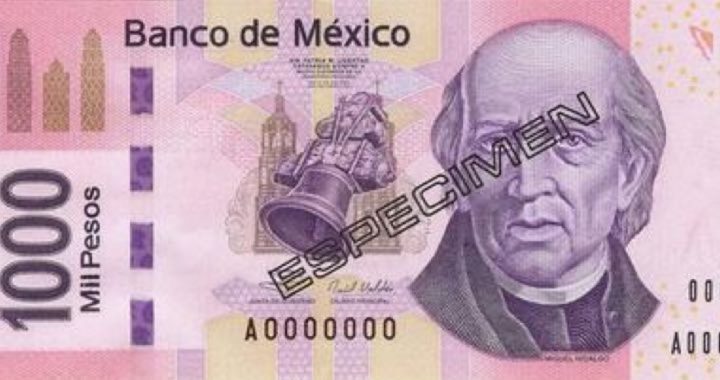
“Technically, we are ready to move into finishing the issues, Mexico-U.S. issues, the most next week. There are very good probabilities that we’ll be landing solutions,” Ildefonso Guajardo, Mexico’s economy minister, said late last week, expressing hope that a new NAFTA agreement would soon be brokered among the United States, Mexico, and Canada.
Guajardo said that 20 of 30 “chapters” of a new agreement have been covered, noting, “The rest aren’t full chapters, but more the definition of a paragraph, the specific language.” He said there just is not much drafting left to do. Guajardo is expected back in Washington this week to continue talks, while the teams from both nations have been meeting, working on “creative solutions” for the issues still unsettled.
“We are optimistic that we can try to land a deal before the end of August,” Guajardo added. But he also cautioned that there were potential obstacles, noting that there were “three critical, specific points” yet to resolve. He did not specify what those potential obstacles were.
Of course, even if Mexico and the United States can come to an agreement, the third member of NAFTA, Canada, has not even been part of the negotiations. It is thought that the recent actions by President Donald Trump in the area of tariffs on Canadian goods has caused some friction between the two northern neighbors of NAFTA. Guajardo said he expects Canada to rejoin the negotiations soon, saying, “We know that Canada has to come into these discussions and probably it will happen quite soon.”
While Guajardo did not mention any specific points of disagreement between the two southern members of NAFTA, it is known that two issues have not yet been resolved. One issue is a proposal by the United States that any new NAFTA agreement include a “sunset” clause. In other words, the agreement would have to be renegotiated every five years, or it would automatically be killed.
Jesus Seade, who joined the Mexican negotiating team last week representing President-elect Andres Manuel Lopez Labrador, appeared to summarily reject the sunset clause, saying, “It is something we have to discuss and the time has come. We have said that is not something we can work with.”
A sunset proposal would be a good addition to any agreement (although no agreement at all would be better), but another proposal from the United States illustrates the danger of NAFTA, in particular, and multilateral trade deals in general.
The United States is demanding higher wages for Mexican automobile workers. Because these Mexican workers are paid significantly lower wages than their U.S. counterparts in the auto industry, it is less likely that American car manufacturers will build new plants inside the United States, or even upgrade and keep such plants in the country.
This is an understandable concern by the Trump administration, which ran on a platform of “bringing back” good-paying factory jobs to America. There is little doubt that this pledge contributed greatly to Trump carrying Michigan in the last presidential election.
Yet, this demand is a perfect example of why these multilateral trade deals are not “free market” agreements, and they necessarily encroach upon American national sovereignty and, for that matter, the national sovereignty of any nation that is a member of such an agreement. NAFTA, like other such trade agreements, is a government-managed deal, not an illustration of free enterprise.
Wages should be set by the market — the law of supply and demand — and not by some government-imposed dictate. Just exactly how is the Mexican government supposed to increase the wages of Mexican automobile workers, so the U.S. autoworkers can compete on a “level playing field”?
This is problematic, and it does illustrate the dangers of multilateral trade deals, both to a free market economy and to national sovereignty. Can one imagine if a foreign power demanded the U.S. government raise the wages of the workers in one of its manufacturing sectors? Once deals such as NAFTA take hold, they tend to dictate such matters to member states, decreasing both national sovereignty and liberty, including but limited to, economic liberty within those countries.
For example, the European Union regularly orders its member nations to alter this or that social policy, as well as its economic structure.
Seade said, “I am cautiously optimistic. I think it [a new NAFTA deal] can be done, but there can also be problems. We have to see.”
For the sake of American national sovereignty, not to mention the national sovereignty of Canada and Mexico, we can hope that the “problems” and obstacles preventing a new NAFTA deal become so difficult that no NAFTA deal can be brokered.
Image of Mexican currency: http://www.currencymuseum.net/ via Wikipedia



